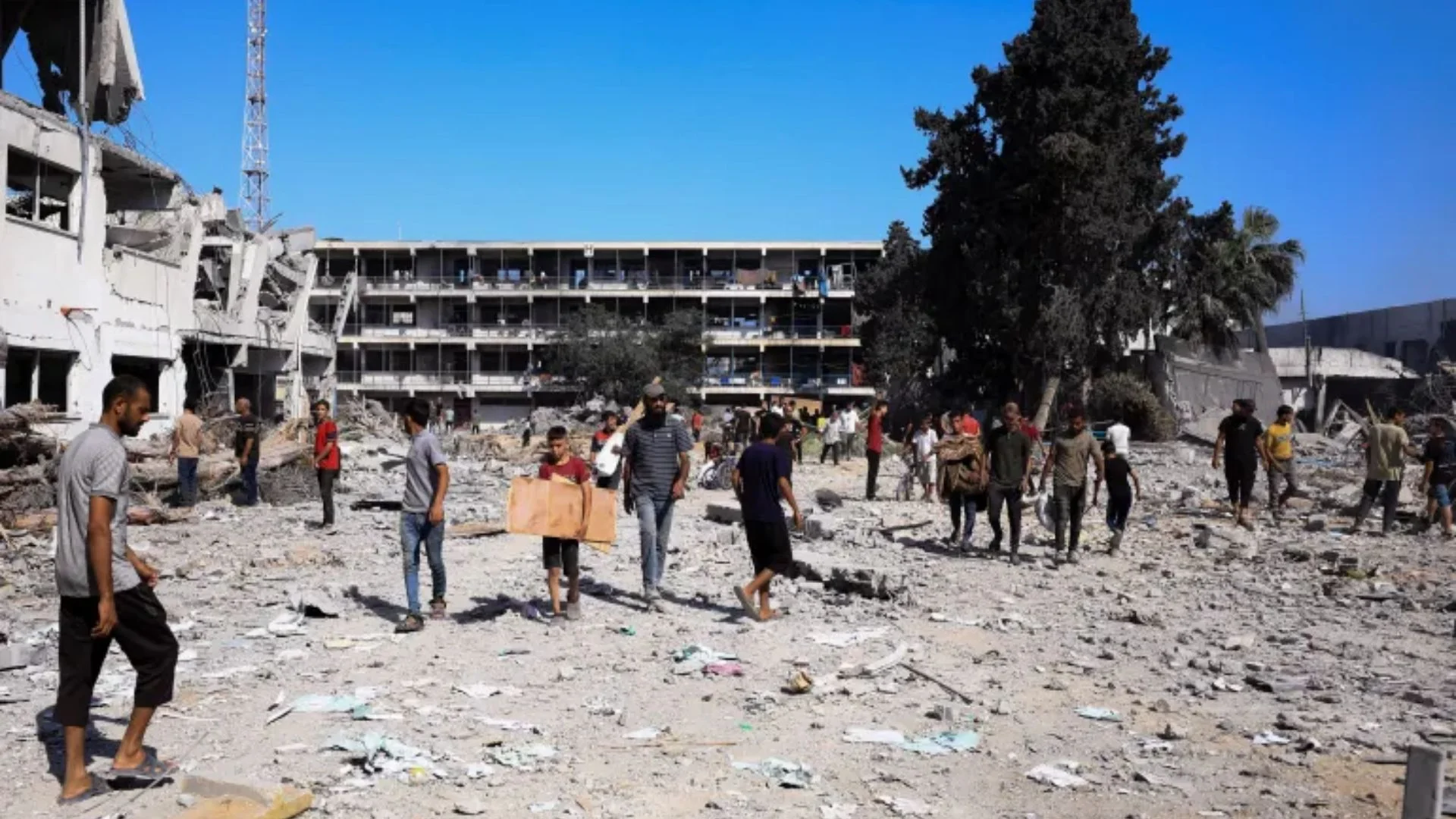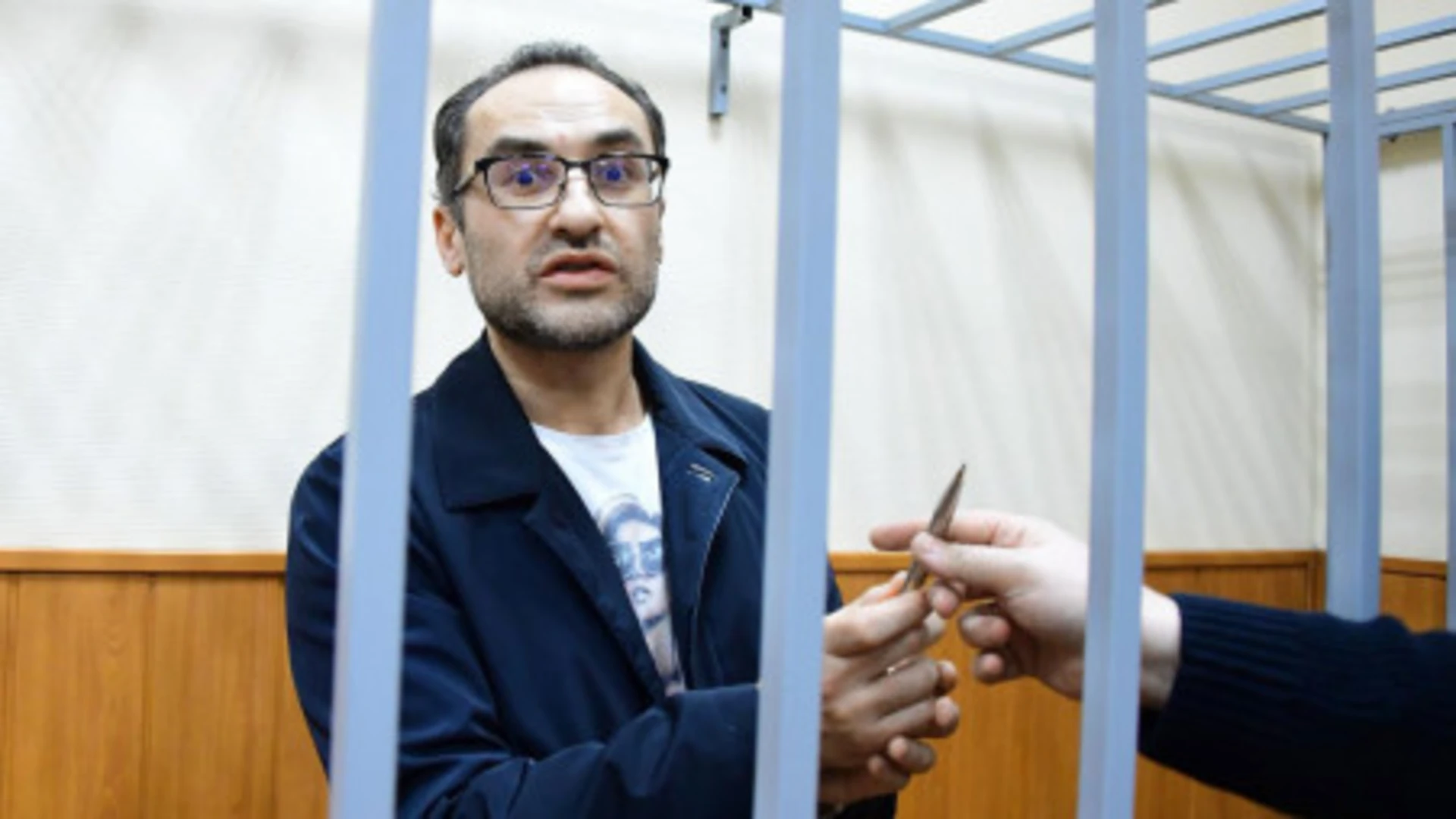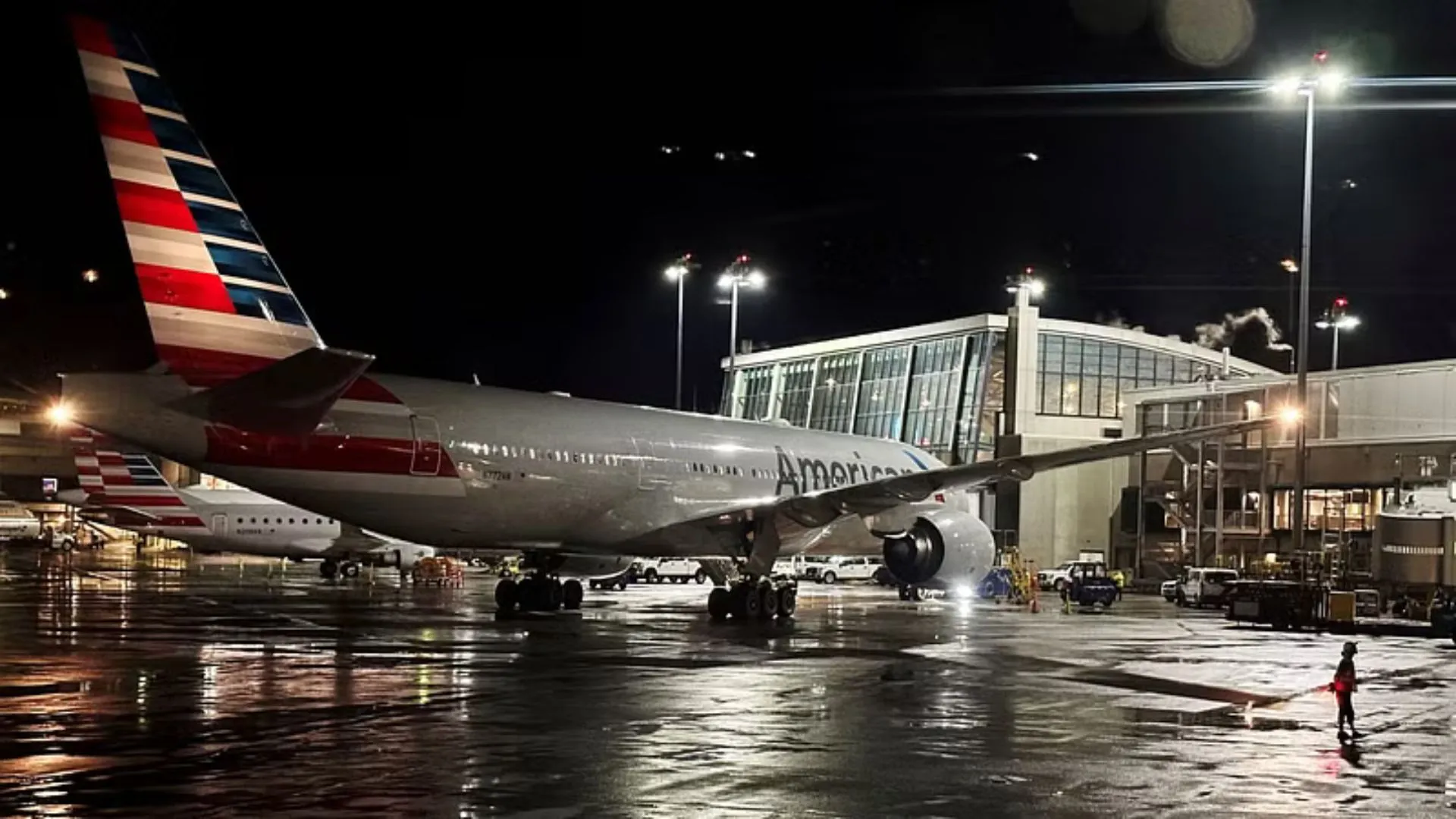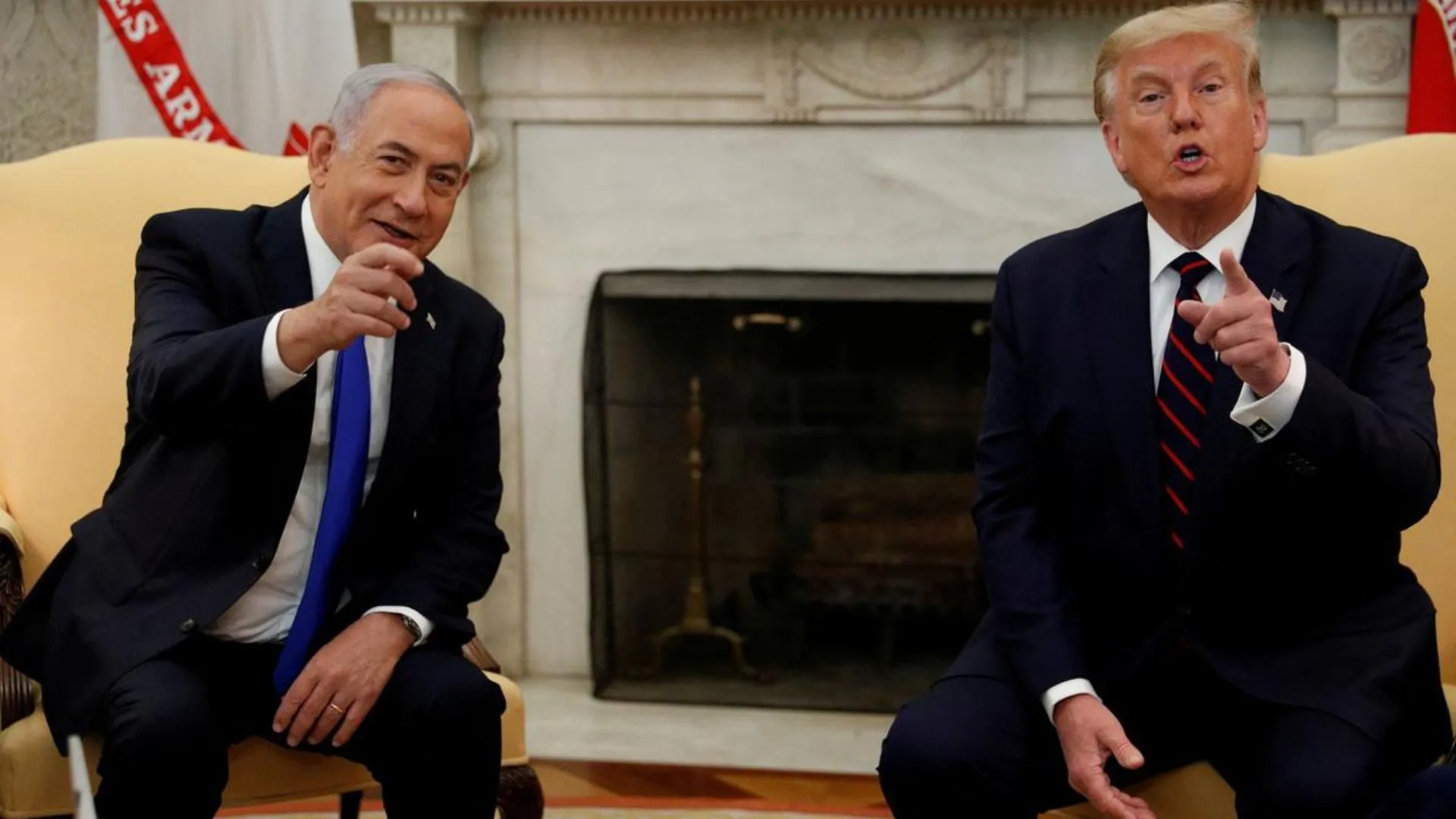Legislation Threatens UN Relief Efforts for Palestinians
Worsening relations between Israel and the United Nations have reached a critical point as the Israeli Knesset prepares to pass a bill aimed at prohibiting the UN Relief and Works Agency for Palestine Refugees in the Near East (UNRWA) from operating in Gaza and the West Bank. This move comes amidst accusations against UNRWA, which have persisted even before claims surfaced regarding alleged staff involvement in the October 7 attacks. The anticipated ban reflects a new level of polarization between Israel and the UN, signaling potential long-term repercussions for humanitarian efforts in the region.
The former Israeli Defense Minister, Benny Gantz, has expressed support for the bill, stating that UNRWA has aligned itself too closely with Hamas. He emphasized that the agency has not only failed to improve the lives of Palestinian refugees but has instead perpetuated their victimization. While the international community has raised concerns about UNRWA’s neutrality, it continues to be viewed as a crucial provider of aid, education, and health services for Palestinians. If the Knesset successfully shuts down UNRWA, the urgent question of how to provide support to 2.4 million people in Gaza and the West Bank will arise.
Legislative Developments and International Backlash
The crisis surrounding UNRWA is escalating, with two bills approved by the Knesset’s Foreign Affairs and Defense Committee expected to be presented to the Knesset plenary by October 28. The proposed legislation enjoys a cross-party majority, with support from approximately 100 of the 120 members. One of the bills seeks to prevent UNRWA from establishing any presence or providing services in Israel, which would effectively close its East Jerusalem headquarters and deny staff visas. Critics, including Adalah, a legal center for Arab minority rights, argue that such a move would contravene international court orders mandating cooperation with the UN for humanitarian efforts.
Despite widespread condemnation of the legislation expressed by ambassadors from 123 countries only the United States may possess the influence necessary to compel Israel to reconsider. US Secretary of State Antony Blinken and Defense Secretary Lloyd Austin have warned that implementing these restrictions would severely undermine humanitarian responses in Gaza and deny essential services to Palestinians. Ironically, the relationship between UNRWA and Israel had been characterized by a degree of mutual respect, as the agency undertook relief work that the occupying power was expected to manage.
Long-standing Tensions Rooted in Historical Context
The tensions between Israel and the UN are deep-rooted, with Israel frequently accusing the organization of harboring anti-Semitism. Prime Minister Benjamin Netanyahu has been particularly vocal in denouncing the UN, describing it as a “cesspit of antisemitism” during his tenure. Historically, the UN’s involvement in Palestine has led to accusations of bias against Israel, culminating in a controversial 1975 resolution that declared Zionism a form of racism.
This year marks a significant moment for the UN as it attempts to assert its role in the Israeli-Palestinian conflict, leading to a standoff with Israel, which views the organization as an existential threat. The International Court of Justice (ICJ) has recently issued rulings suggesting that Israel is responsible for violations of international law, which have exacerbated tensions.
In this ongoing conflict, Netanyahu and his government have increasingly rejected UN oversight and expressed their determination to alter the existing framework governing their relationship with the international body. As these diplomatic battles unfold, the potential expulsion of UN agencies from Israel poses significant risks, hinting at broader implications for global governance and humanitarian aid efforts.













